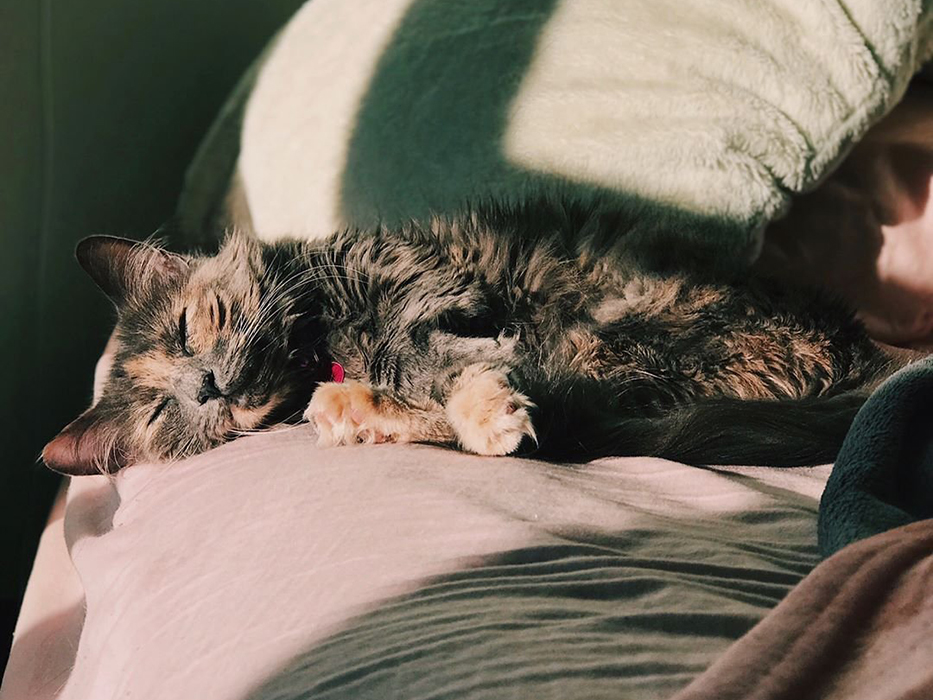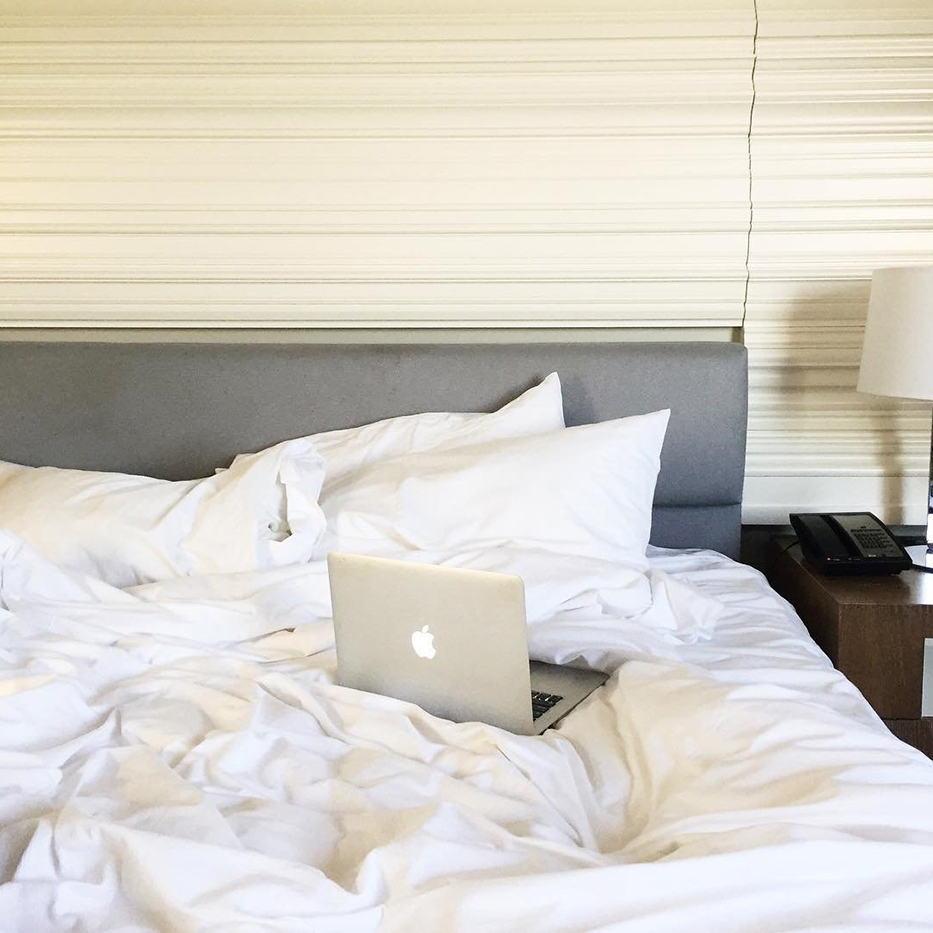Serious Question: How Do Sleeping Pills Affect Your Brain?


Sleeping pill commercials are all very predictable: There's the individual in question lying awake and distressed in bed at night, but then, as if by some stroke of magic, they take the sleeping pill being advertised, and the next thing you know, they're out cold sleeping peacefully before stretching their arms the next morning ready to take on the day. The solution sounds heavenly, but it's the sorcery that's the most suspect: How can a little pill make you fall asleep for a specific time frame then allow you to wake up feeling refreshed? It's essentially an anesthetic you can sometimes even buy over the counter. That's a little scary, no? Plus there's the possibility of becoming dependent on them, meaning that you could get to a point when you can't fall asleep without taking them. For anyone who's ever helplessly stared at the ceiling at 4 a.m. night after night, developing a dependency doesn't sound like the worst issue to have in the short term, but it's troubling nonetheless. So how exactly do sleeping pills work anatomically? We decided to take a deep dive.

The Science Behind Sleeping Pills
Since the 1960s, a drug called benzodiazepines (found in Valium and Ativan) were used to treat anxiety and insomnia by binding to the GABA neurotransmitter in your brain, which causes drowsiness or sedation. Then in more recent years, prescription drug companies came out with nonbenzodiazepines (Ambien, Lunesta), a presumably safer alternative that acts at only one of several benzodiazepine-GABA receptors, meaning it's a bit more selective than traditional benzos, thus making for less opportunity for drowsiness and dependency.
Interestingly enough, sleeping pills aren't actually putting you to sleep. Instead, they're classified as "sedative hypnotics," meaning you're sedated, not officially snoozing. "The way that they work is by targeting a set of receptors, or 'welcome sites', in the brain that is lured to basically stop your brain cells from firing," Matt Walker, a professor of neuroscience and psychology at the University of California, Berkeley, tells The Cut. "They principally attack those sites in the cortex, this wrinkle of tissue on the top of your brain, and they just switch off the top of your cortex, the top of your brain, and put you into a state of unconsciousness."
It's Important to Find the Right Fit
For those with chronic insomnia (the inability to fall asleep a few nights a week for several months at a time, which affects about 10% of the American population), nonbenzodiazepines will commonly be prescribed. But this is second to cognitive behavioral therapy (CBT) or changing your mindset and your practices through better sleep hygiene and relaxation techniques. CBT is thought to be better than medication because there's no risk of dependency and the effects last far longer than a pill.
There are also short-acting and longer-acting pills: For those who just have trouble falling asleep initially, a short-acting pill (like Ambien) will eventually fizzle out while you continue to sleep. But for those who can't stay asleep, a longer-acting pill (like Ambien CR or Lunesta) is your key.
If your problem is just occasional sleep issues, an OTC sleep pill like Unisom may do the trick; however, many of these pills contain antihistamines, which have side effects like drowsiness and dry mouth and eyes.

What if You Become Dependent?
Your doctor will probably suggest weaning you off your dosage, perhaps by cutting it in half, and then that dosage in half, until finally you're no longer using the pill as a crutch and can discontinue its use. At this time, CBT may serve you better if you still need help falling and staying asleep.

What Do Experts Think?
Patrick Fuller, a neurologist at Harvard Medical School, isn't a fan of sleeping pills and thinks a better night's sleep can be attributed to a better lifestyle.
"There's a time and a place for pills," Fuller tells Tech Insider. "But for the average Joe who's having a little trouble sleeping, there [are] a lot of things they can try to do to facilitate normal, natural sleep before popping Z-class drugs [common insomnia medications] at night." These include waking up at the same time every day, avoiding caffeine six hours before bedtime, exercising regularly, avoiding alcohol at night, avoiding screen time (the light messes with your body clock), and fostering a calm, cool, and dark environment that's conducive to sleep.
Walker agrees, and based on scientific research, he's found that sleeping pills are similar to placebos. "If you look at the studies, the placebo effect is really quite significant and can add up to 15 or 20 minutes of sleep and can help you sleep in a more stable, less fragmented manner," he explains. "In truth, I think it's the greatest evidence of the notion of 'mind over matter'—the brain is capable of influencing sleep and the body itself."
To sum it up, training your body to fall asleep is a safer bet than using pills, although we get that this isn't a fast remedy. Yes, pills may help you get the rest your body needs, but it's not a full, natural, and deep sleep you'd get without using a hypnotic. To discover your best course of action, speak with your doctor.
Up next, read how one editor trained herself to fall asleep in under a minute.
This article is provided for informational purposes only and is not intended to be used in the place of advice of your physician or other medical professionals. You should always consult with your doctor or healthcare provider first with any health-related questions.
